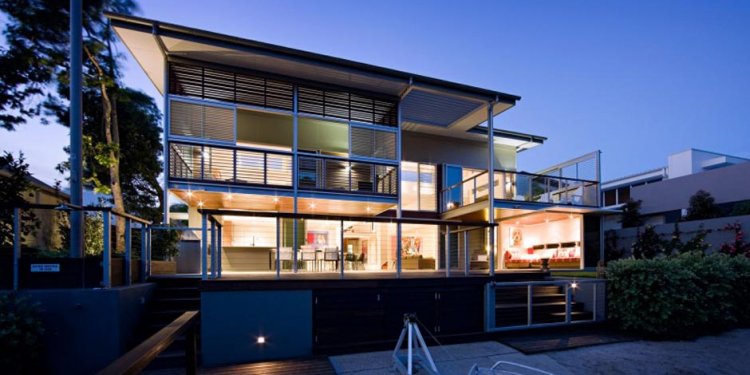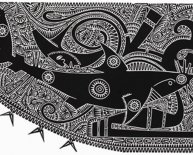
Australian Lifestyle
We’re more consumerist than any generation before us
The research tells us we’re more consumerist than any generation before, placing more value on lifestyle characteristics, such as the latest technology and entertainment, than our parents did.
Half of respondents place more value on having the latest technology than their parents, 45% place more value than their parents on entertainment and almost 40% place more value on eating out weekly. Other factors important to Australians include the suburb in which you live (53%) and home renovations (38%).
“These expectations of lifestyle are a result of decades of elevated standards of living, ” comments Demasi. “It’s an evolved perception of how we are and should be expected to live. It makes sense that people think that way – we’ve ridden the wave of prosperity and this is the result.”
Are we really better off than most?
But how does our standard of living really compare? Across many measures of wellbeing, Australia performs very well relative to most other countries as measured by the OECD Better Life Index.
Australia ranks above the average in housing, personal security, jobs and earnings, education and skills, subjective well-being, environmental quality, health status and social connections, but below average in work-life balance.
Money, while it cannot buy happiness, is an important means to achieving higher living standards. In Australia, the average household net-adjusted disposable income per capita is US$31, 588 a year, more than the OECD average of US$25, 908 a year.
Good education and skills are important requisites for finding a job and in Australia, 76% of adults aged 25-64 have completed upper secondary education, close to the OECD average of 75%.
In terms of health two years higher than the OECD average of 80 years. Life expectancy for women is 84 years, compared with 80 for men.
In general, Australians are more satisfied with their lives than the OECD average. When asked to rate their general satisfaction with life on a scale from 0 to 10, Australians gave it a 7.3 grade, higher than the OECD average of 6.6.
We’re working longer, and living beyond our means
So what’s the problem, if any? In short, we’re struggling with cash flow, working longer hours and living beyond our means.
Forty-six per-cent of people surveyed said they’re living pay-cheque to pay-cheque to support their lifestyle, while 14% of employees work very long hours, higher than the OECD average, with 21% of men working very long hours compared with 6% for women.
An astounding 85% of people agree that people today live beyond their means. There are also longer-term impacts on retirement savings and confidence, which we will explore in upcoming articles.
In one decade, our perceptions of what comprises an average lifestyle have changed enormously and with that, so has the reality of Australian life. In short we’re living far more for today’s luxuries, than for tomorrow’s certainty.
What can you do?
Consider developing a household budget and reviewing what unnecessary luxuries you could take out that would make a big difference over the long term and may help with your financial security and retirement age. Engaging the help of a financial professional, through your bank, accountant or financial planner can help.

















